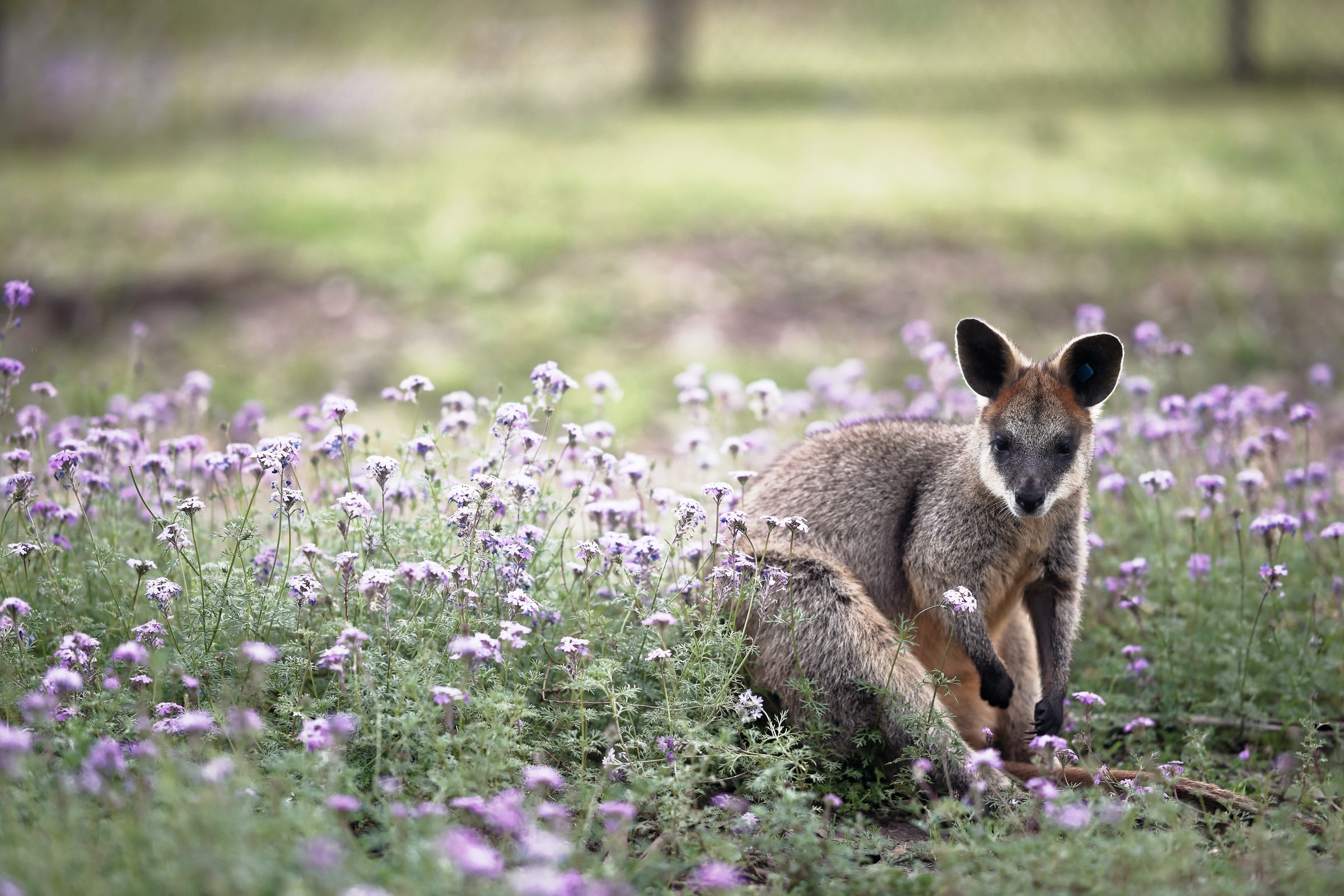Growing up on a farm, Nikki Ballinger’s interest in engineering began at an early age - helping her dad out fixing machinery and learning how to weld and do woodwork. “I didn’t really think of it as engineering when I started messing around and doing different things.”
“I’ve always liked knowing how things work and wanting to be able to fix things by myself,” says Nikki, one of the recent recipients of the Natasha Linard scholarship. She is pursuing a flexible double degree in Engineering and Politics, Philosophy and Economics.
Caitlyn Lewis, the second recipient of the scholarship, had a similar answer when asked why she chose engineering. “I always loved problem-solving and creating, so it was an easy decision for me to pursue both through engineering. And ANU because, I wanted to have a university experience like in the movies by living on campus and participating in all the events.” Caitlyn is doing a double degree in Engineering and Science, specialising in Environmental Engineering and Earth Science.
Set on a leadership path
The Natasha Linard scholarship aims to provide third year (or later) undergraduate students with the opportunity to build their leadership skills.
What do our 2024 recipients hope to do?
“The scholarship aims to help women in engineering and provide strong role models for them and show them that it’s not that scary and anyone can do it,” said Nikki.
“I’ve never really considered myself like a leader as such, but then I’ve always ended up in some sort of leadership role. I just seem to gravitate towards leading other people.” Nikki’s leadership style involves making everyone feel welcome and valued and ensuring everyone enjoys what they’re doing.
Caitlyn shares a similar view.
“Despite having held many leadership positions, I feel that being a leader is not about the title but being involved and engaged within the community. It’s about having connections and helping others, which I would love to continue in future years. As a future leader within engineering, I would want to make sure everyone felt like they belonged and pay forward the help that mentors have given me in the past. “ Caitlyn would also advise any young women in High School thinking about pursuing Engineering to just “Do it! If you are considering it at all, definitely give it a go”.
Gender equity in STEM
Nikki believes the barriers to equity for women in STEM start early on, in primary and high school where it was alright for boys to like maths, but girls were labelled as being “nerdy”.
She says, “I was usually in a group with ten other guys. So, it was important for me to be able to stick up for myself.”
Nikki is from Bordertown, a rural town in South Australia, 3 hours southeast from Adelaide. She believes barriers for a young woman wanting to get into STEM are higher in rural areas with access to advanced subjects being even more limited.
“At university, I believe it is all about having the support, not just of your tutors and professors but mainly of your cohort. If you have a supportive network around you, I find that it makes a huge difference,” said Caitlyn.
“I think there’s a lot being done now to promote women in STEM, in engineering and computer science. I think that it is becoming less of a problem, and I think we’re doing a lot of good things to help. In my engineering class at the moment, I would say it’s a 60/40 male/female split, which is very good.”

“Don't be discouraged, and embrace every opportunity! I've been the only girl in engineering classes before, but I didn't let that discourage me and made some great friends in that class. There are other classes where girls make up the majority, so it all evens out!”
Imagine you’re speaking at a Women in STEM conference. Any words of wisdom?
“Keep doing everything you’re passionate about! Even if you’re not sure which path you might want to take, just keep doing what you love and it’ll work out,” was Caitlyn’s note to her younger self.
Caitlyn’s choice of environmental engineering stems from her love of a hands-on approach and passion to see how our built environment exists and interacts with the natural environment.

“I think it's important if you just give it a go. Any opportunity you stumble across, just take it because it can lead to some great things.”
“I think it's important if you just give it a go. Any opportunity you stumble across, just take it because it can lead to some great things.”
About the scholarship
The Natasha Linard Scholarship for Women in Engineering and Technology ensures the best and brightest female engineering and computer science students are supported to develop leadership skills needed to become future industry and community leaders.
The scholarship supports female students in their final year of undergraduate studies at the College. Dr Natasha Linard, a member of the first undergraduate engineering intake at the ANU, was one of the first women to graduate with an ANU Bachelor of Engineering and subsequently with an ANU PhD in Engineering. Dr Natasha Linard was and continues to be, an outstanding and inspiring role model for women engineers. The scholarship will continue her dedication to mentoring female students and early professionals.

